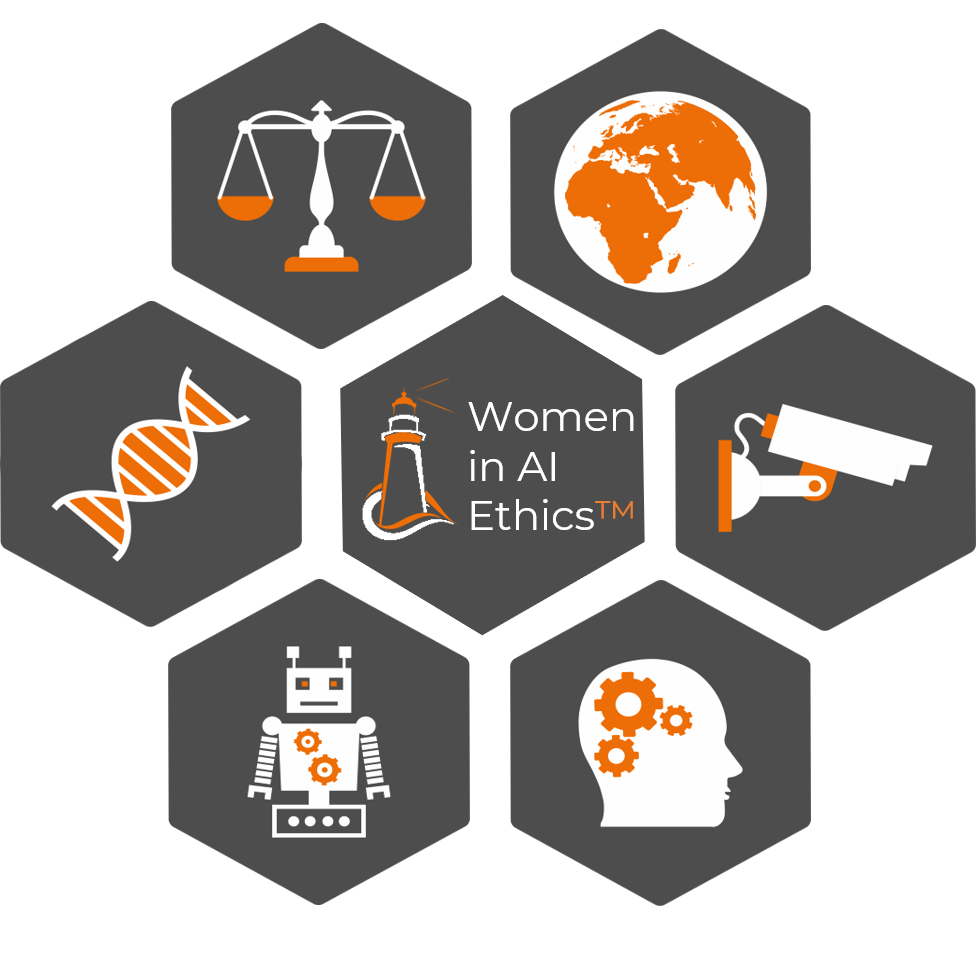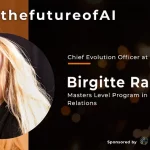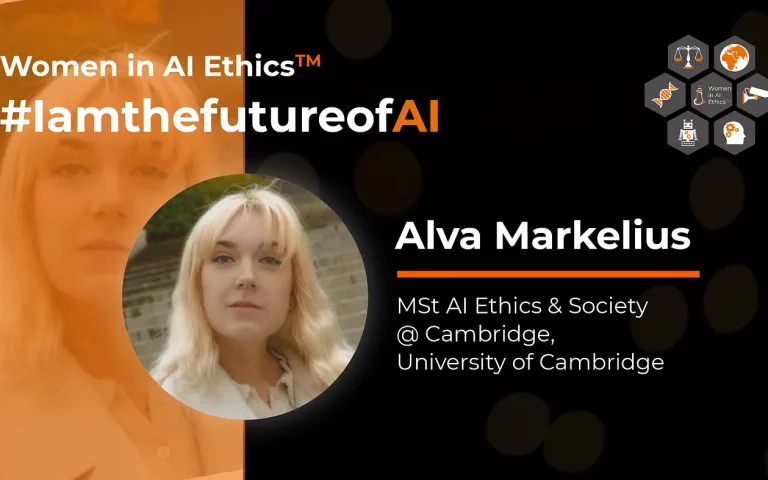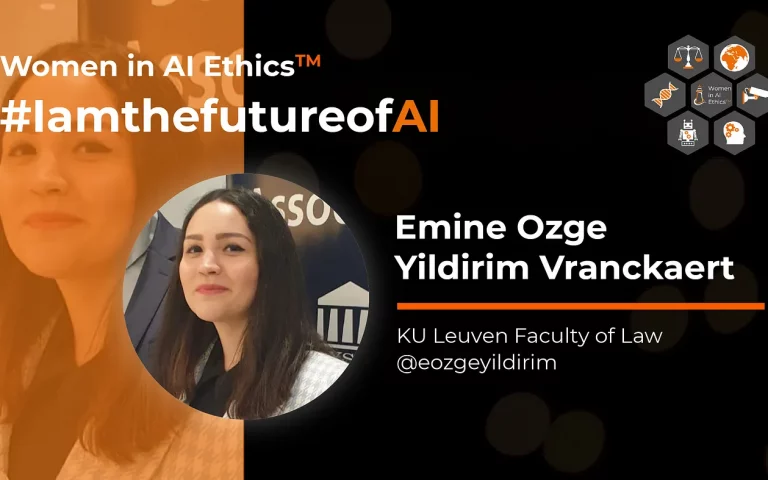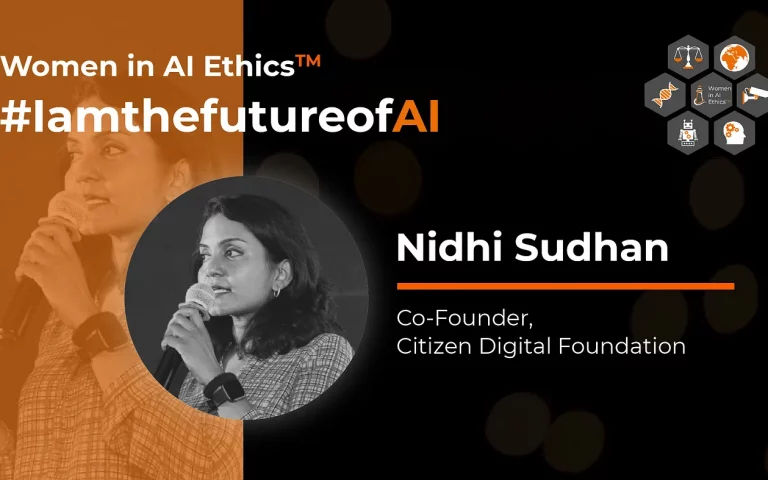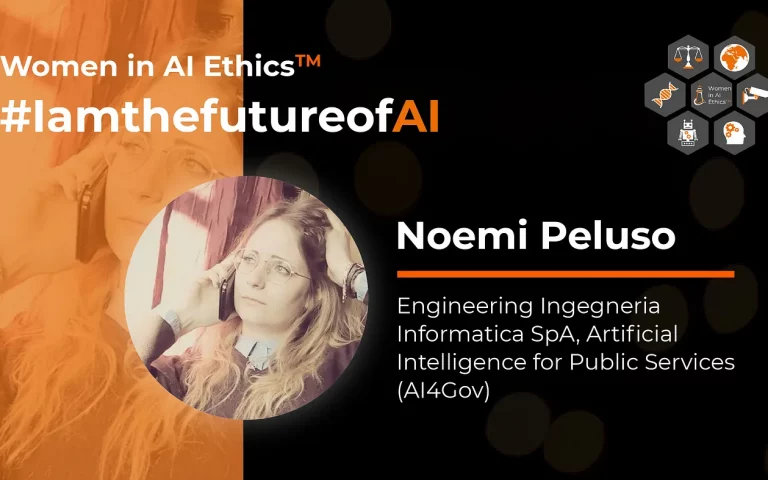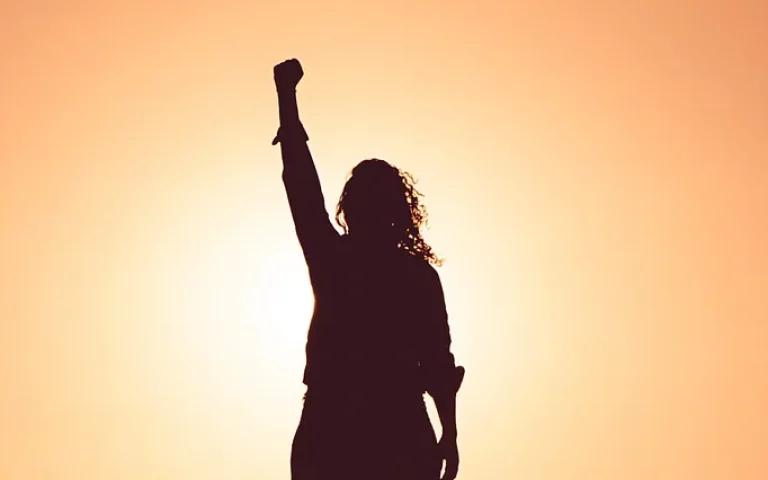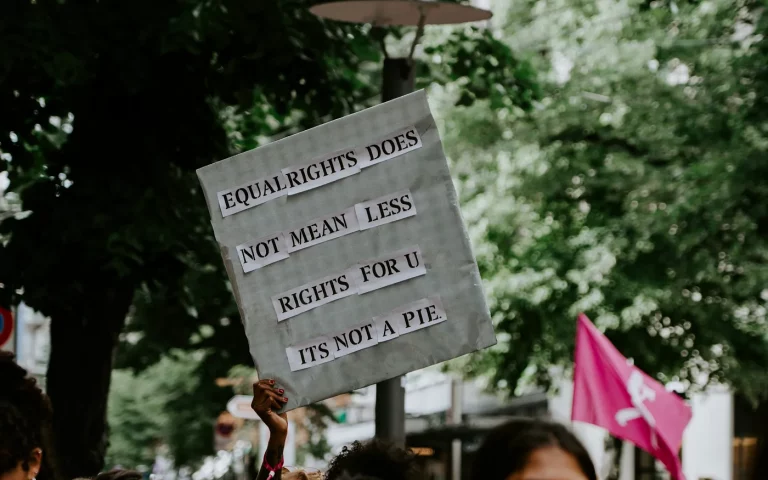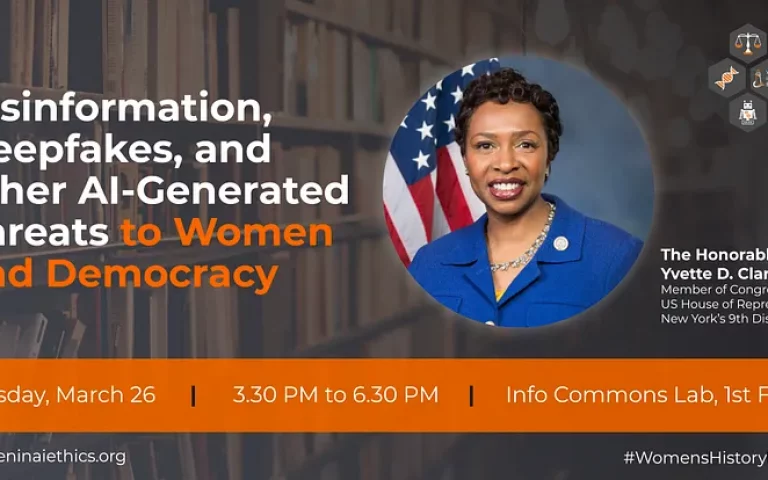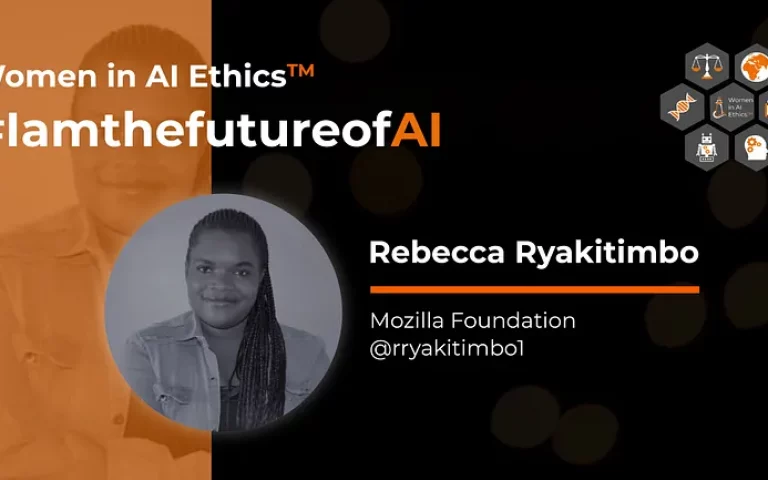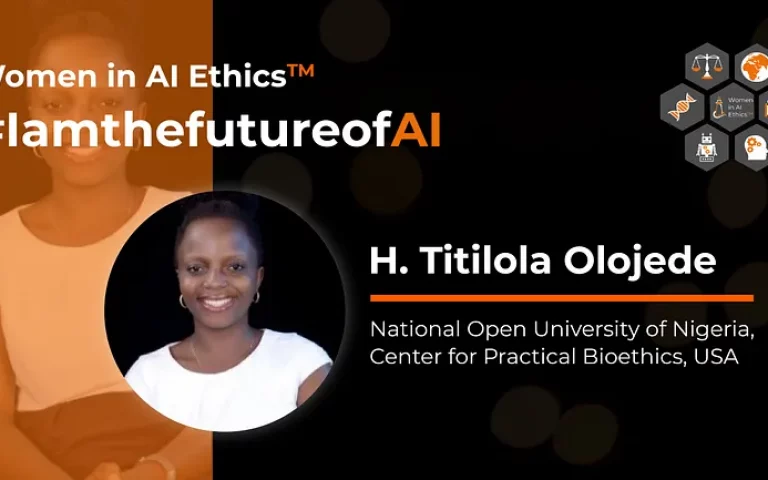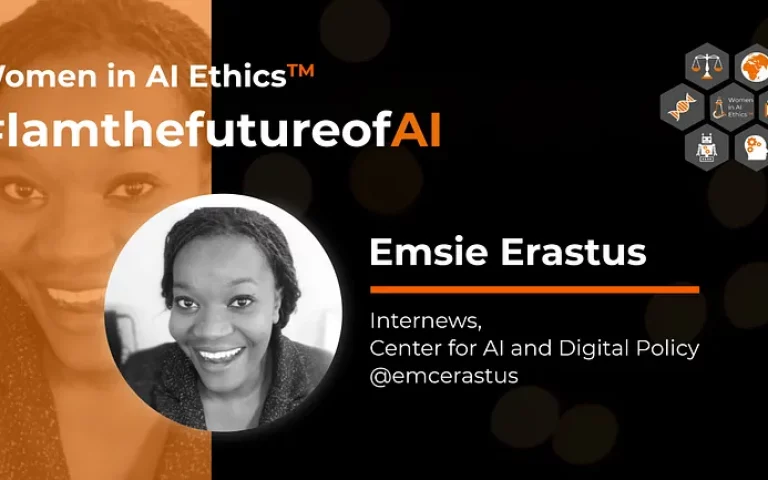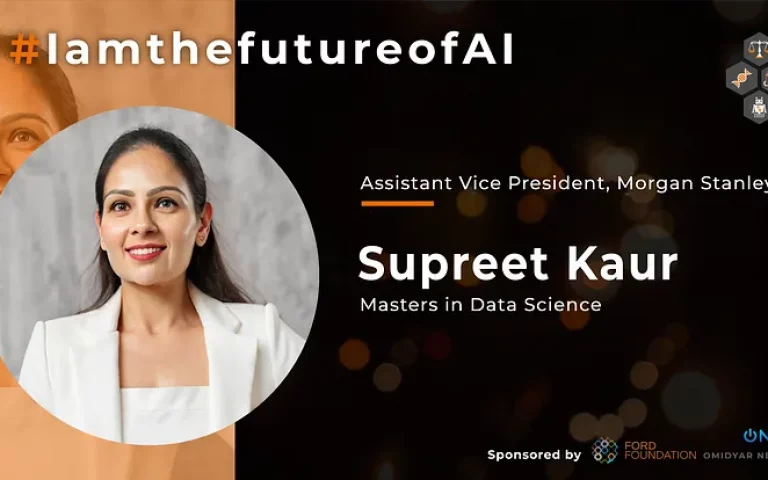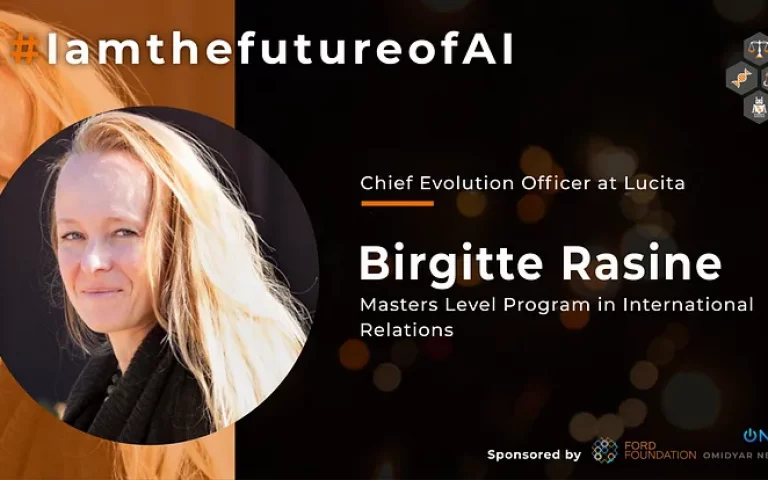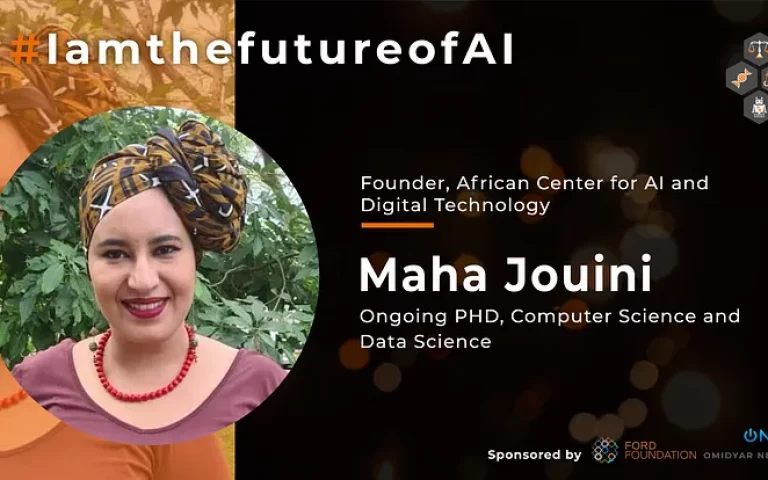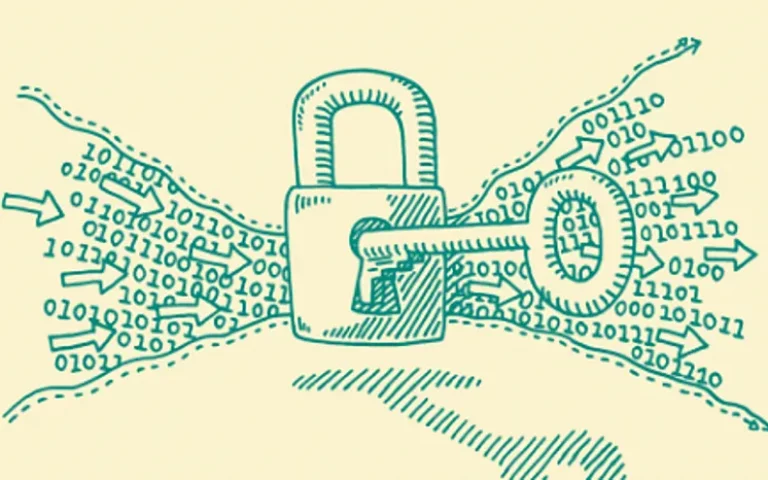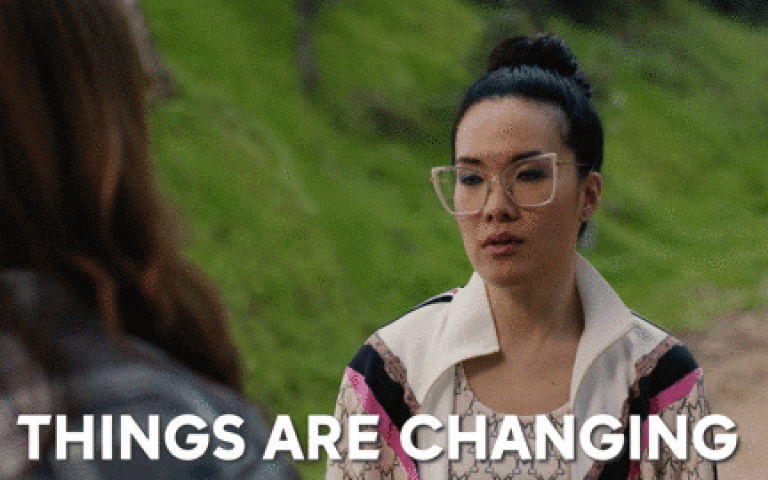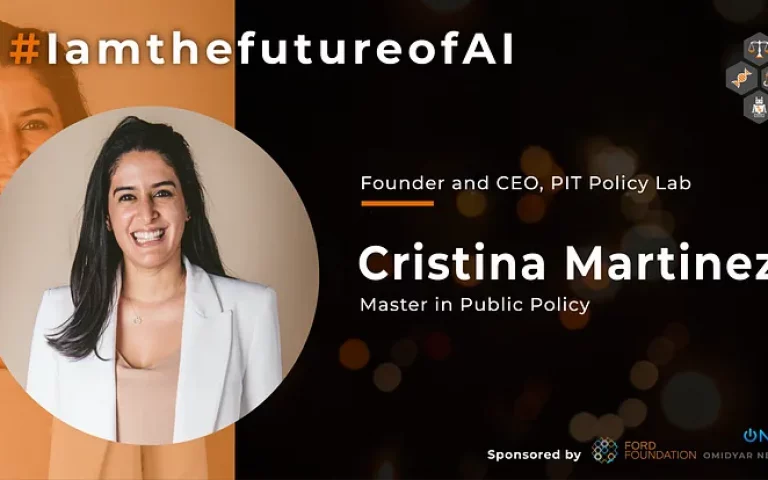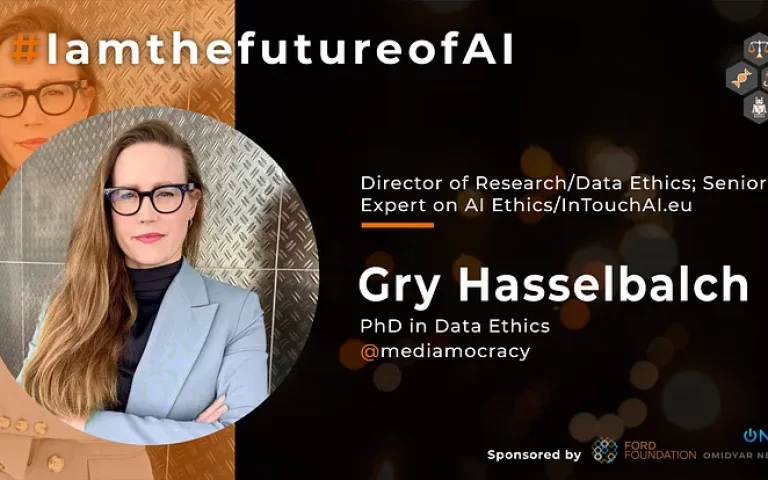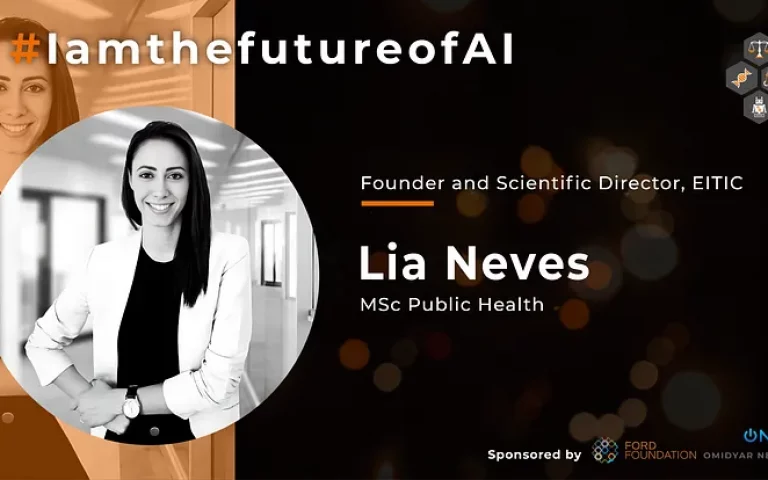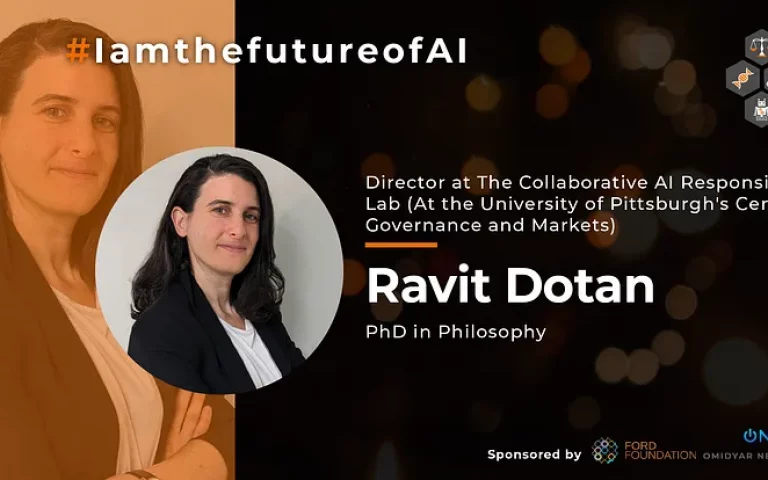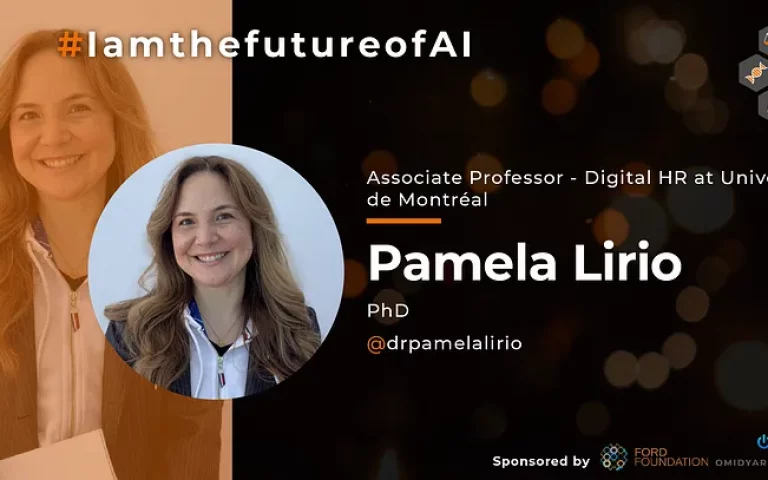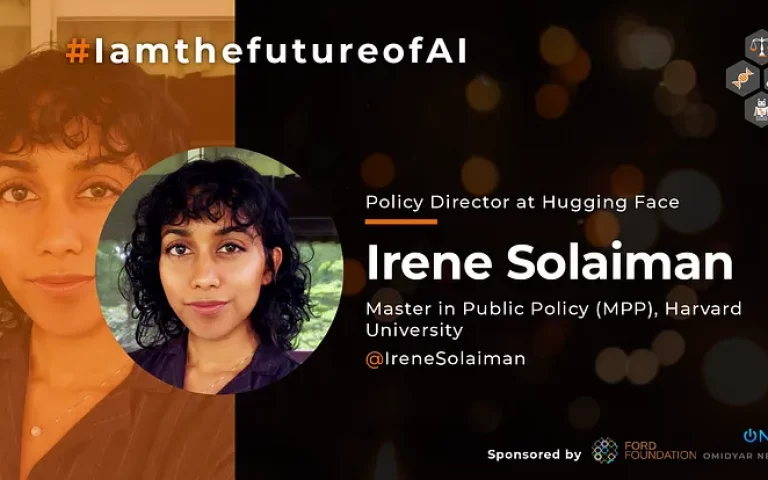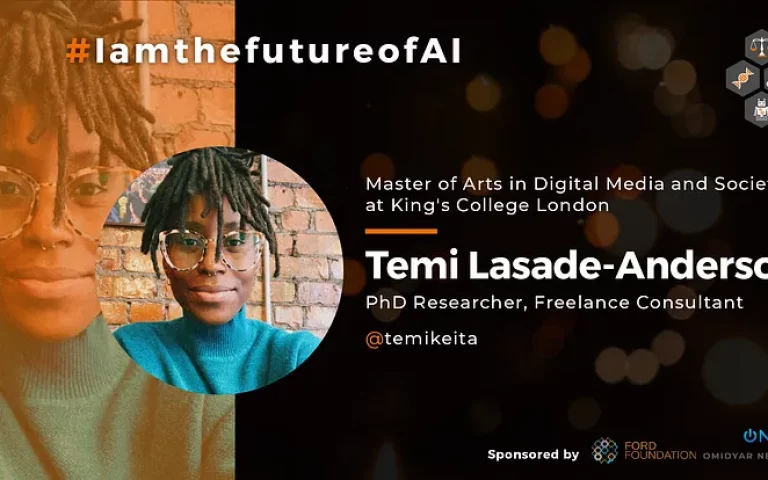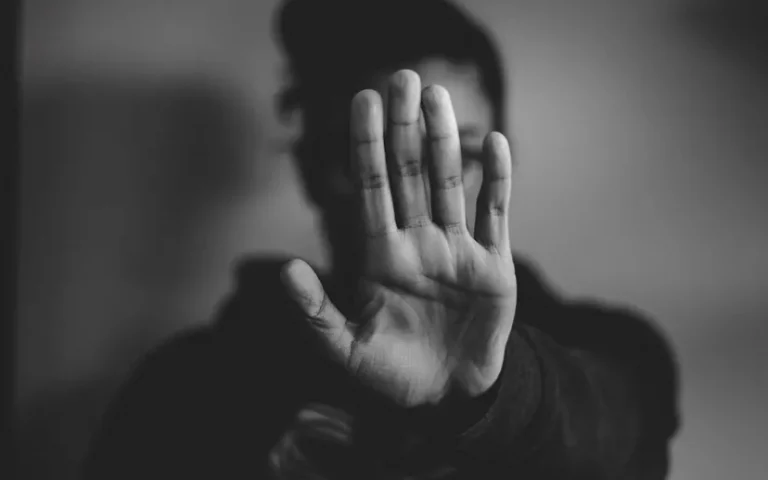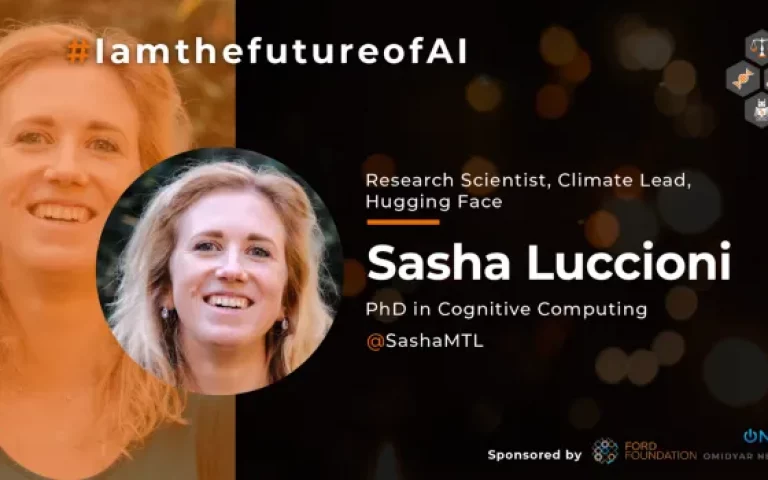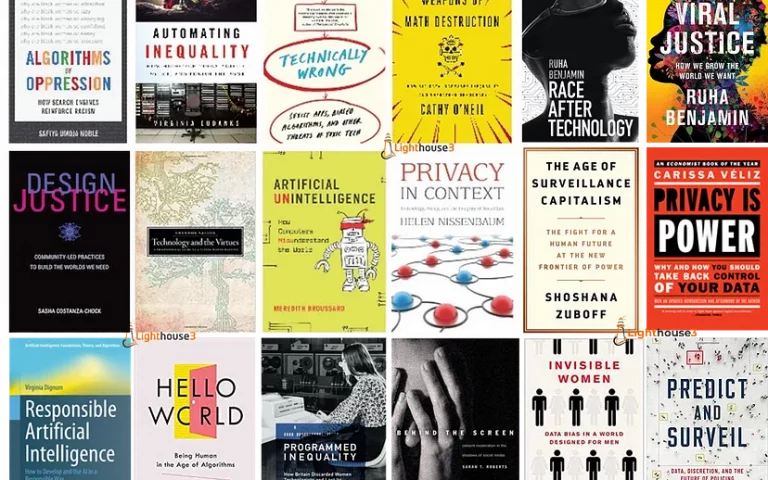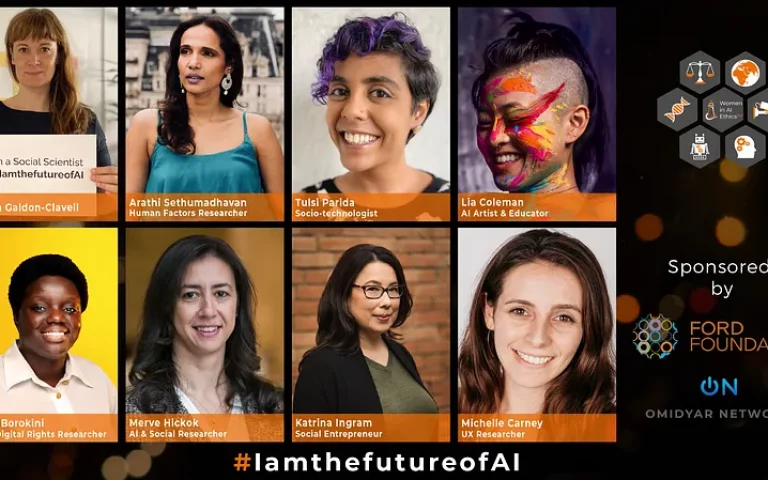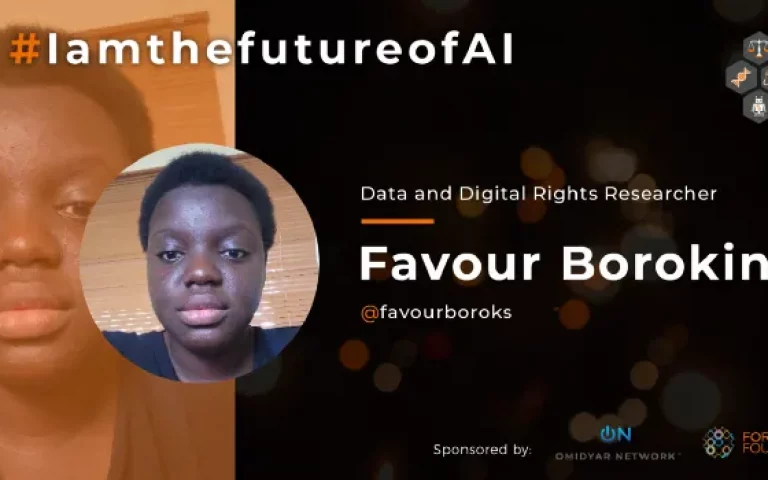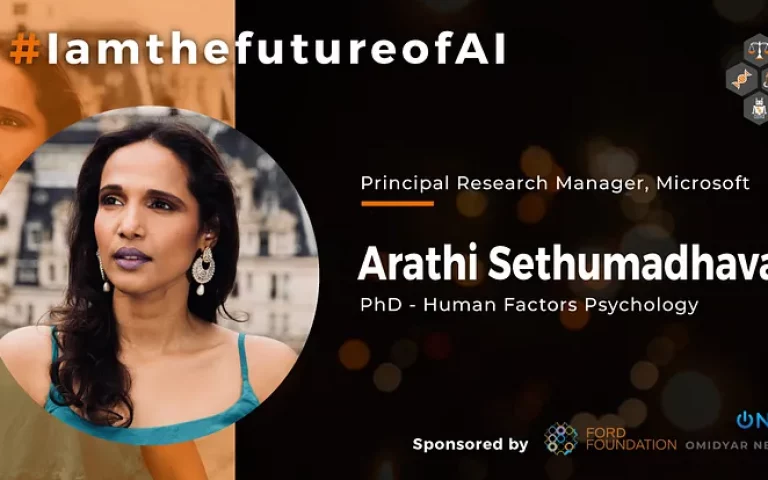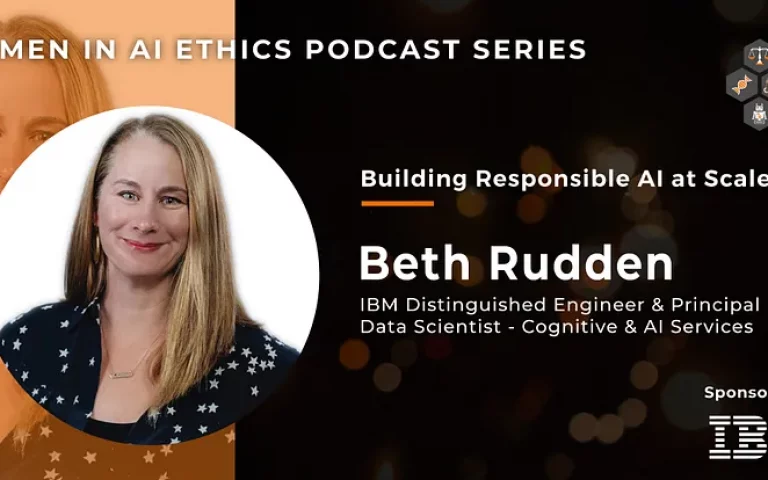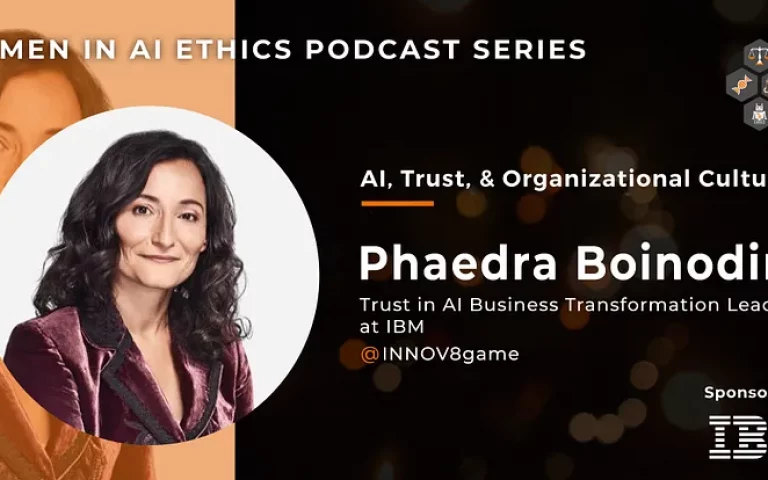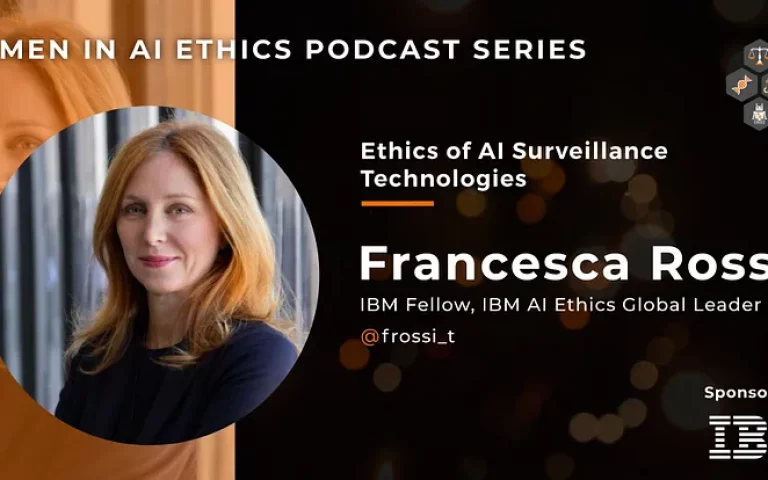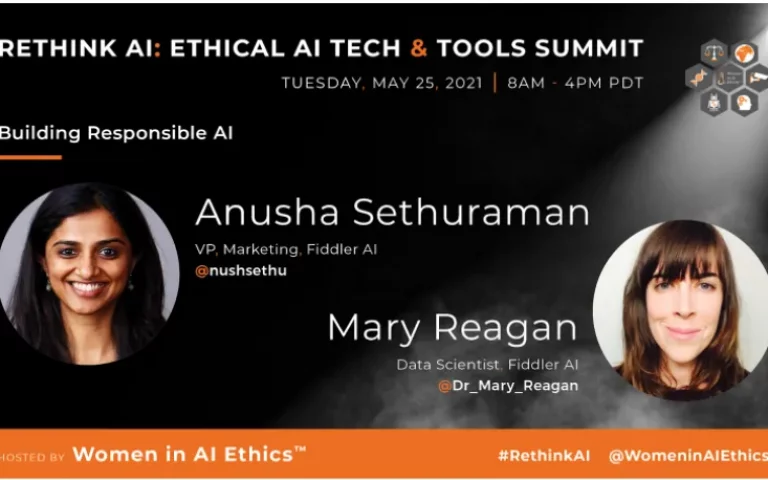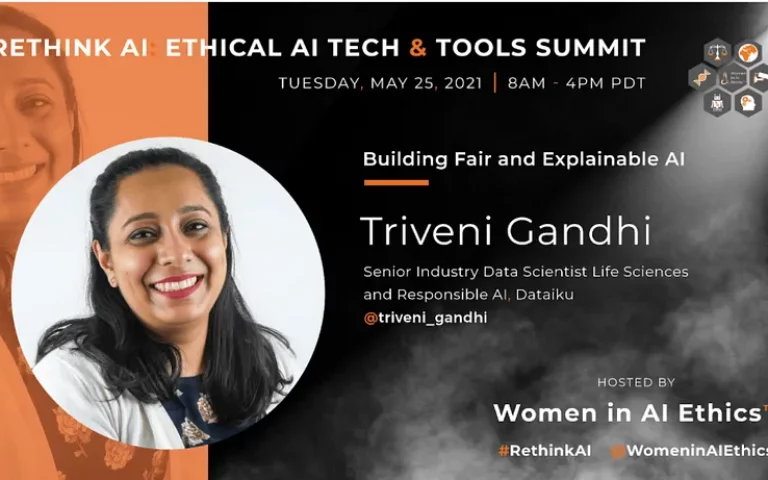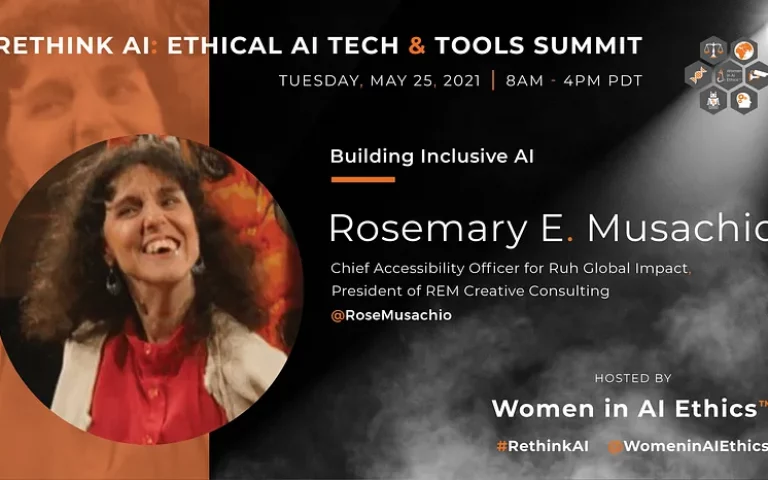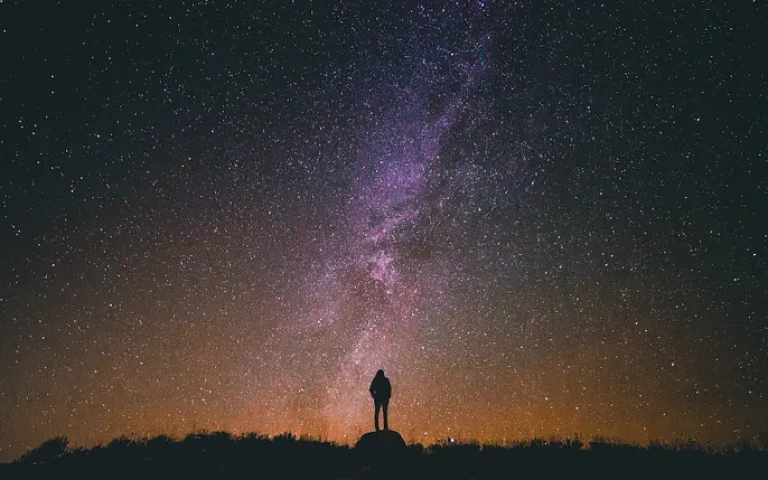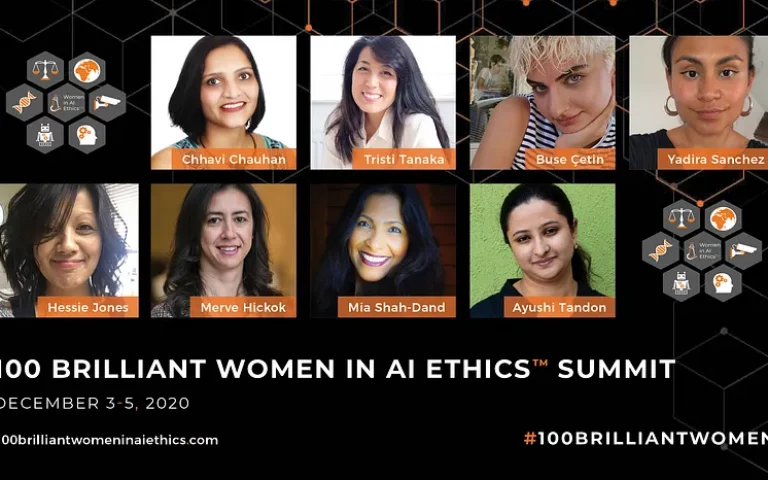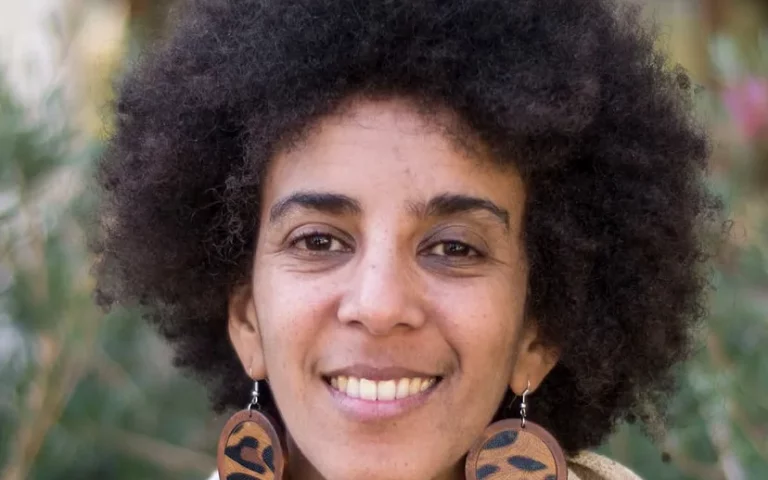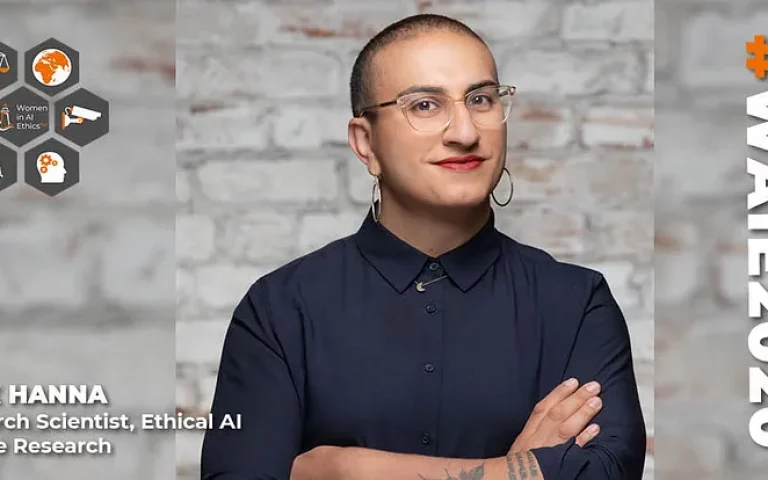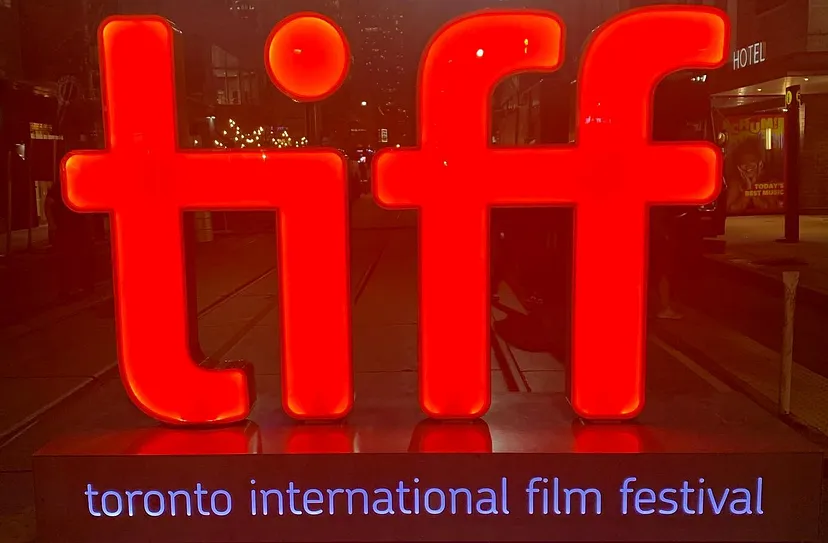
Photo credit: Mia Dand
Recently, I had an unique and unexpected opportunity to speak on a panel about Responsible AI and innovation at the Toronto International Film Festival (TIFF), where I shared a brief story about my dad. The only other time, I have ever mentioned him on a public stage was 5yrs back at University of Oxford, shortly after I had published the very first “100 Brilliant Women in AI Ethics” list. At that time, I shared my grief over his passing and his disappointment with my rebellious patriarchy-shattering life choices. This past week at TIFF, it felt as if my life had come a full circle and I truly believe that my dad would have been proud of my journey.
Here is my story:
It’s about a poor little girl and her dad’s obsession with films. In Silicon Valley, you only hear about poor people when techies are complaining about “the homeless” in San Francisco or when 70,000 innovators at Burning Man experienced climate change for the first time this week.
This is my story. I grew up poor in a city that was once called Bombay. My dad was often broke. There were times when he didn’t have money to buy me a second pair of shoes, but he always found a way to get us tickets to film festivals.
It was a strange experience for a barely 10yr old city kid to see black & white films by directors like Satyajit Ray, Akira Kurosawa, and other legendary filmmakers about strange people in far off places. The true genius of these film makers was that they treated ordinary lives as interesting, even magical, worthy of our attention, and their stories worthy of being shared with the world.
So what does this have to do with ‘Responsible AI’? Everything.
The reason my father forced us to watch these films was his belief, that even if you don’t have any creative ability or understanding of art, it shouldn’t stop you from appreciating the hard work and talent of others.
What lies at the core of responsible AI debate today is the fundamental disagreement over whose talent matters, whose vocation matters, which voices matter, which lives matter, whose perspectives, and whose agendas matter — whether it’s in filmmaking or in building powerful technologies.
If you believe that some people (like women) have lesser expertise than you, you won’t include them in important discussions or hire them for your development teams.
If you think someone else’s vocation is not that useful or important, you are more likely to believe that any machine can replace them.
If you believe someone else’s life doesn’t have value, you are less likely to care if your innovation is going to put them out of a job and onto the streets.
It’s the same underlying belief why some executives think that they alone deserve to be paid millions of dollars but others like writers or artists deserve barely anything.
After having worked in the tech industry for well over 15 yrs, I have an agnostic and somewhat skeptical view of all technologies. My company Lighthouse3 focuses on governance, simply put – I help large organizations who want to deploy new technologies do so responsibly. Which also means I typically have a good idea what these technologies can and cannot do because I have to.
The best and also the most challenging part of my work is bringing together stakeholders with different priorities like the tech team who wants daring innovation and legal & risk teams are worried about getting sued. Getting them talking to each other is a big part of my job, making sure people feel heard is crucial so that together we can get things done.
In AI, many ethical issues in this space can be traced back to exclusion of certain groups of humans. This exclusion shows up as bias in machine learning models like when facial recognition technologies are inaccurate for dark skinned women as Dr. Joy Buolamwini showed us with her seminal research “Gender Shades”.
Biases from historical exclusion continue to live on in the massive datasets used to train these powerful machine learning models. Sexist tropes and racist stereotypes are deeply embedded in massive datasets used to train AI models as Dr. Abeba Birhane and Dr. Safiya Noble have revealed with their extensive research. Women are also at a much higher safety risk from misuse of these technologies in the form of deepfakes and disinformation.
Not all harms are technological. They can be environmental like carbon footprint of large language models that Dr. Timnit Gebru and others pointed out in their paper “On the Dangers of Stochastic Parrots.” Millions of people are at risk of displacement through AI, which is also a global societal risk not just a technological one.
I could go on but I only have 5minutes.
So, how do we address some of the challenges in responsible AI? First by acknowledging that technologies are not built in a vacuum and they reflect the values of humans building and funding them. Which is also why we can’t leave this important work to a small handful of ultra-wealthy mostly male technologists.
Women in AI Ethics started with a list that I published in 2018, “100 Brilliant Women in AI Ethics.” I was tired of hearing “We don’t know any qualified women” when 1/3 of the tech workforce is women. This list was an announcement that sure we are not the majority but “We are experts, we are here, and we have always been here!”
Our community brings together experts from many diverse backgrounds like lawmakers, community organizers, AI researchers, tech founders, artists, filmmakers, and many others, who are all shaping the present and building the future of AI.
Our approach is simple, build more onramps for folks from all backgrounds especially non-technical to participate in this important space. This summer, we launched “AI for communities” where we deliver hype-free, jargon-free literacy classes through public libraries.
We are changing what an AI expert looks like by highlighting diverse AI leaders, through mentoring programs, mapping new AI career paths, and elevating ethical voices who model the behaviors we want to see in next generation AI talent. We can’t have children growing up thinking that the only way to change the world is through an overpriced coding camp.
Today, my life has come a full circle. Of all my achievements whether it was being featured in Forbes, working at Google, speaking at the UN, or getting interviewed by the BBC, this right here, being on the stage at TIFF is what my dad would have been most proud of.
(And my teenager, who is an aspiring filmmaker, is finally convinced that mom is cool!)
Thank you for inviting me and thank you for listening to my story.
